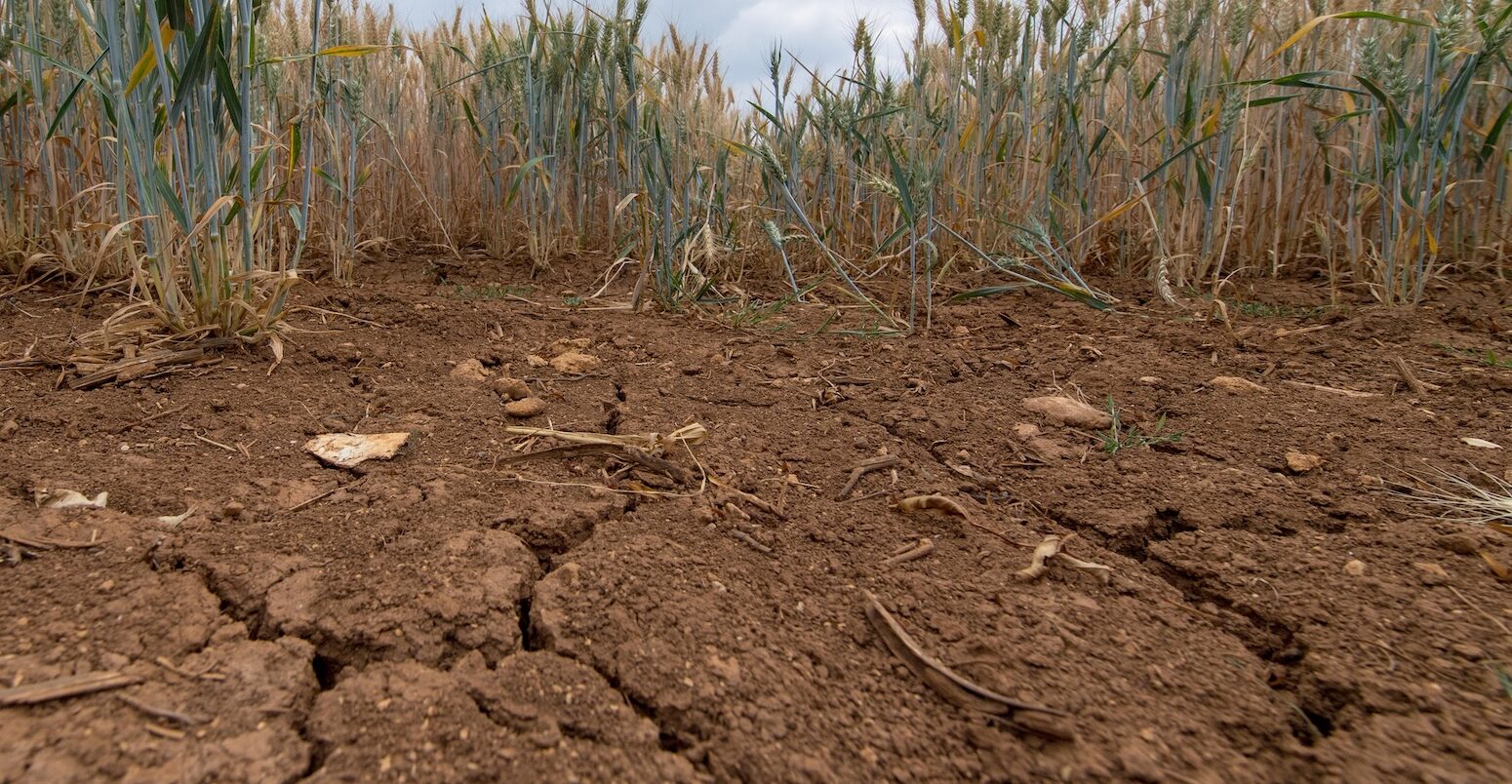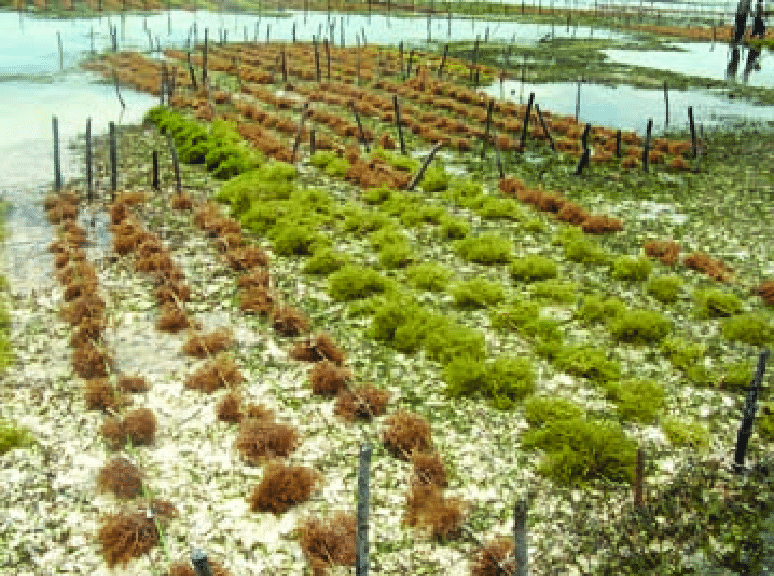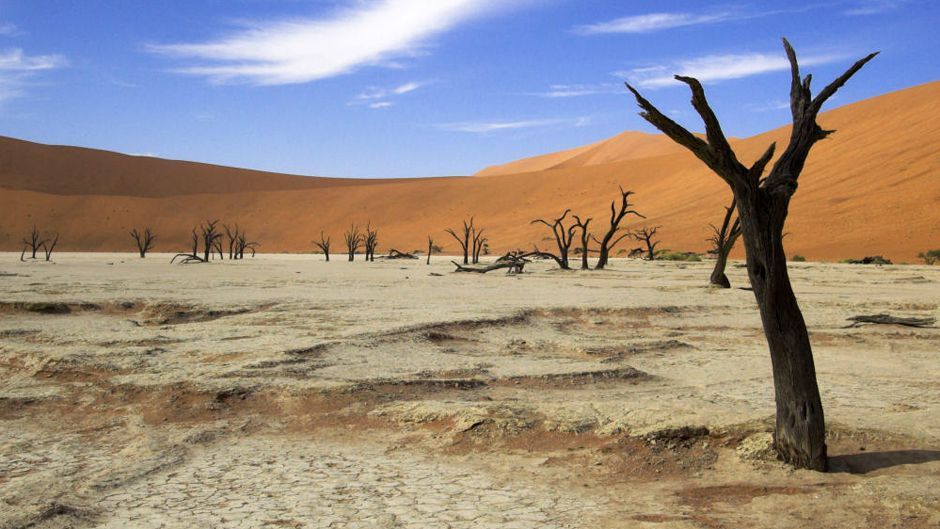Abstract
A billion rural people live near tropical forests. Urban populations need them for water, energy and timber. Global society benefits from climate regulation and knowledge embodied in tropical biodiversity. Ecosystem service valuations can incentivise conservation, but determining costs and benefits across multiple stakeholders and interacting services is complex and rarely attempted. We report on a 10-year study, unprecedented in detail and scope, to determine the monetary value implications of conserving forests and woodlands in Tanzania’s Eastern Arc Mountains. Across plausible ranges of carbon price, agricultural yield and discount rate, conservation delivers net global benefits (+US$8.2B present value, 20-year central estimate). Crucially, however, net outcomes diverge widely across stakeholder groups. International stakeholders gain most from conservation (+US$10.1B), while local-rural communities bear substantial net costs (-US$1.9B), with greater inequities for more biologically important forests. Other Tanzanian stakeholders experience conflicting incentives: tourism, drinking water and climate regulation encourage conservation (+US$72M); logging, fuelwood and management costs encourage depletion (-US$148M). Substantial global investment in disaggregating and mitigating local costs (e.g., through boosting smallholder yields) is essential to equitably balance conservation and development objectives.
To access the full paper, please visit the New publication
s10640-023-00798-y



